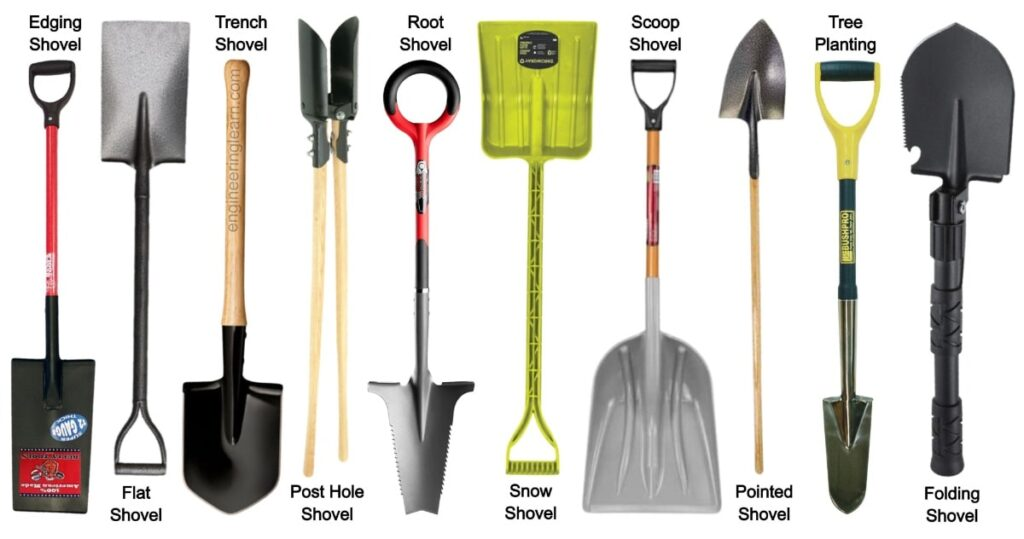Trowel Trowel: Unlock the secrets of trowels in archaeology – from ancient rituals to modern symbolism, discover their hidden meanings here!
The trowel, a seemingly simple hand tool with a wide, flat blade, is often overlooked in its significance. Used for spreading, leveling, and shaping substances like mortar or plaster, the trowel is a staple in construction and gardening. However, beyond its practical applications, the trowel holds a deeper history and symbolism that deserves exploration.
Table of Contents
The Origins of the Trowel
The history of the trowel can be traced back to ancient civilizations that recognized the utility of this tool. In ancient Egypt, trowels were used in the construction of the pyramids, showcasing their importance in monumental projects. The Romans and Greeks also utilized trowels in their architectural endeavors, highlighting its enduring presence throughout history.
Trowel Symbolism
Beyond its practical use, the trowel carries symbolic weight in various contexts. In Freemasonry, the trowel symbolizes spreading the cement of brotherly love and friendship. In gardening, the act of using a trowel to nurture plants represents the tender care and attention required for growth. Additionally, in literature, the trowel can metaphorically represent building relationships or creating a lasting legacy.
Trowel in Art and Popular Culture
The trowel has made its mark in the art world as well, with artists incorporating it into their works to convey themes of construction, creation, and transformation. In popular culture, the trowel has become a recognizable symbol of craftsmanship and innovation, appearing in everything from fashion accessories to home decor items. Its versatile nature allows it to be interpreted in various ways, making it a compelling motif for creative expression.
Trowel in Everyday Life
Practical tips for using a trowel in everyday life go beyond its traditional construction applications. In gardening, selecting the right trowel for specific tasks can make the work more efficient. DIY enthusiasts can utilize trowels for projects like applying adhesives or fillers. Additionally, repurposing old trowels as unique decorations can add a touch of character to any space, showcasing the trowel’s versatility beyond its intended function.
Conclusion
The trowel, often overlooked in its simplicity, holds a rich history and symbolic significance that extends beyond its practical uses. By delving into the origins and meanings associated with the trowel, we can gain a deeper appreciation for this humble tool and the role it plays in our daily lives and cultural narratives. Next time you pick up a trowel, take a moment to consider the hidden layers of meaning that accompany this seemingly ordinary object.
